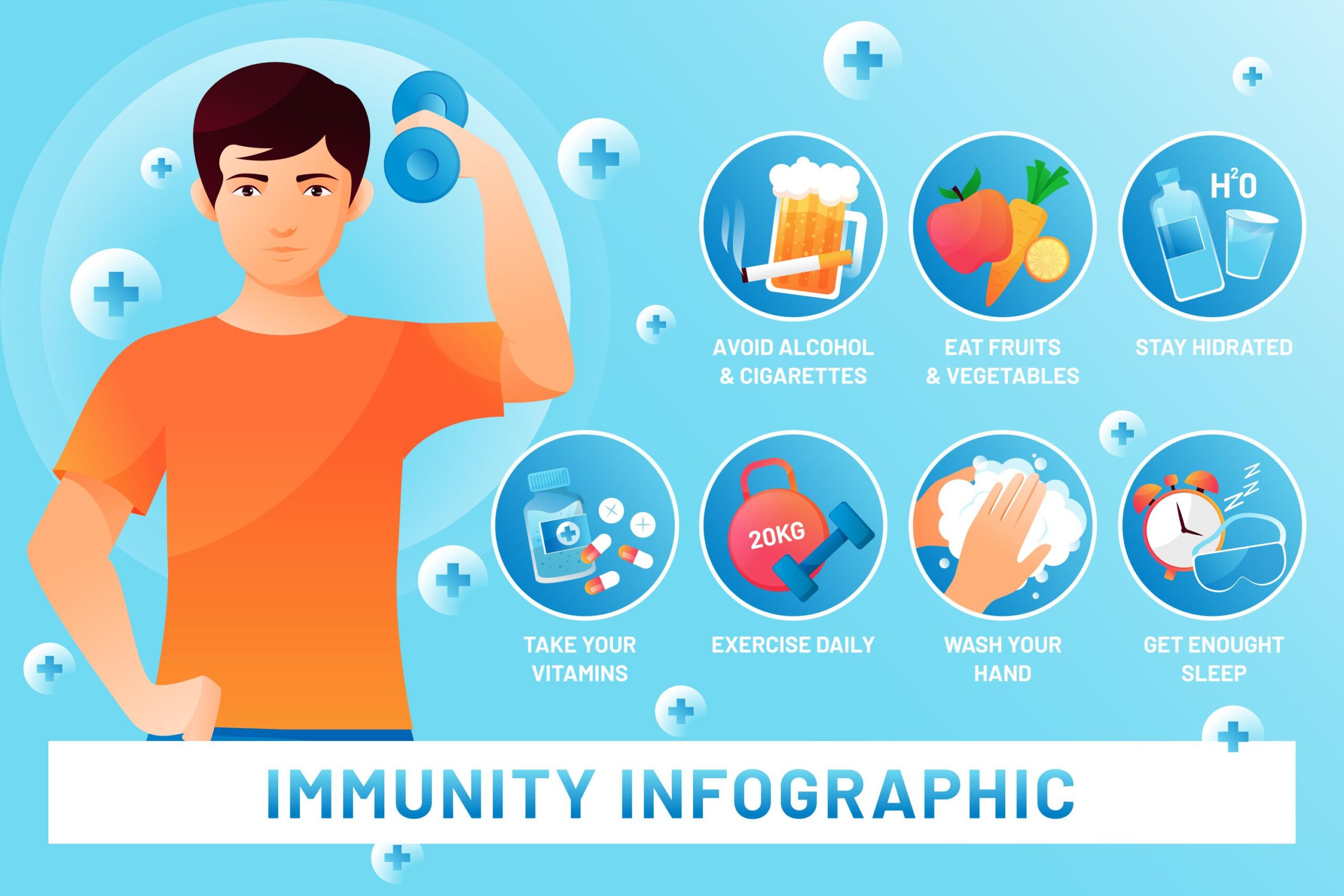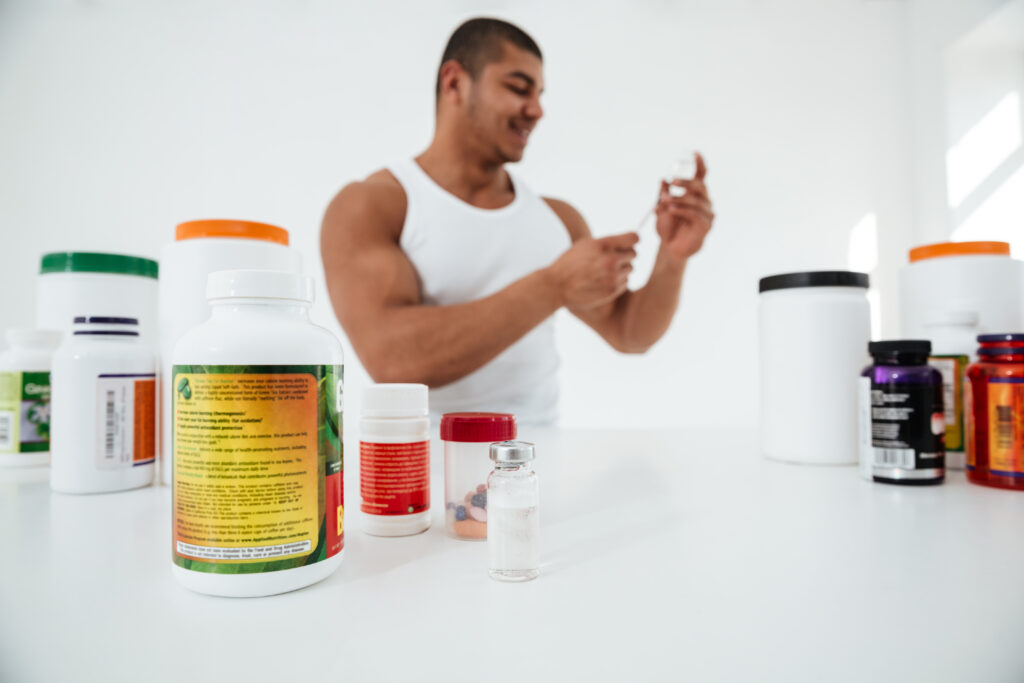Introduction
Vitamin D for athletes helps keep bones strong, and muscles working well, and supports faster recovery, improving overall performance and reducing injury risks. Athletes, whether amateur or professional, are constantly striving for peak performance.
Vitamin D might help you reach your athletic goals.

Vitamin D is important for muscles, recovery, your immune system, and strong bones. These are all important for athletes. Vitamin D is important for athletes.
This article will tell you everything you need to know about vitamin D and how it can help athletes. By the end, you’ll understand how this nutrient can transform your training and overall health to determine vitamin D needs for athletes.
What is Vitamin D and Why Athletes Need It?
What is Vitamin D?
Vitamin D is important for many things in your body, including calcium absorption, your immune system, and your muscles.

Sunlight serves as a precursor for vitamin D production in the human body. You can also get vitamin D from some foods like fatty fish and fortified dairy products, or from supplements.
Why Athletes Need Vitamin D
Athletes have higher requirements for Vitamin D because of the physical demands they place on their bodies. Vitamin D is important for strong bones, muscles, and injury prevention.
Vitamin D is important for athletes because it helps muscles heal, reduces inflammation, and strengthens the immune system. Without sufficient Vitamin D levels, athletes risk injuries like stress fractures, muscle fatigue, and overall diminished performance.
How Vitamin D Impacts Athletic Performance
Muscle Function and Repair
Numerous studies confirm that Vitamin D is crucial for muscle function and repair. Athletes with optimal Vitamin D levels experience faster recovery times and are less prone to muscle fatigue. People with enough vitamin D have stronger muscles and recover faster. Vitamin D helps your muscles grow and get stronger.
Bone Health and Injury Prevention
Vitamin D’s role in bone health is equally important. It enhances calcium absorption in the gut, which strengthens bones—especially vital for athletes involved in high-impact sport . A study found that people who are deficient in vitamin D are more likely to get stress fractures and other bone injuries. Maintaining optimal Vitamin D levels helps athletes stay injury-free and sustain their performance over longer periods.
Immune Support for Athletes
Intensive training can weaken the immune system, leaving athletes susceptible to infections. Vitamin D boosts the immune system, ensuring that athletes can train rigorously without frequently falling ill. Vitamin D can help prevent colds and flu, especially for athletes who train indoors or in winter.
Vitamin D Deficiency in Athletes Symptoms and Risks
Symptoms of Vitamin D Deficiency
Athletes are not immune to Vitamin D deficiency, particularly those who
- Train primarily indoors
- Live in regions with limited sunlight
- Use sunscreen frequently
- Have darker skin

Common symptoms include
- Muscle fatigue and weakness
- Frequent illnesses (e.g., colds, flu)
- Bone pain or stress fractures
- Decreased performance levels
- Mood swings or depression
Risk Factors for Deficiency
Several factors make athletes more prone to Vitamin D deficiency.
- Indoor Training: Athletes who spend a lot of time indoors, like swimmers and gymnasts, might not get enough vitamin D from the sun.
- Skin Color: Darker skin pigmentation can increase the likelihood of vitamin D deficiency.
- Geography: Athletes living in northern latitudes or regions with long winters are at a higher risk.
- Sunscreen: While essential for skin protection, sunscreen can inhibit Vitamin D production by blocking UV rays.
By addressing these factors and actively managing Vitamin D intake, athletes can prevent performance dips caused by deficiency.
How to Maintain Optimal Vitamin D Levels for Peak Performance
Dietary Sources of Vitamin D
Dietary Using supplements with vitamin D-rich foods is crucial. Some of the best sources include
- Fatty fish (e.g., salmon, mackerel, sardines)
- Fortified dairy products (e.g., milk, yogurt)
- Egg yolks
- Fortified orange juice
- Mushrooms (exposed to UV light)
Using Supplements Tips for Athletes
Often, dietary sources are not enough to meet the heightened demands of athletes. Vitamin D3 is the best type of vitamin D supplement to take.
The typical daily requirement of vitamin D for adults is 600-800 IU, although athletes may necessitate higher levels to support weight loss with vitamin D.
Talk to your doctor before taking a vitamin D supplement.
Best Practices for Absorption
Eating vitamin D with healthy fats can help your body absorb it better.
Vitamin D’s Role in Reducing Injuries and Enhancing Recovery
Reducing Stress Fractures and Injuries
Vitamin D plays a significant role in reducing the risk of injuries like stress fractures. A study found that athletes with enough vitamin D had stronger bones.
Vitamin D helps your bones heal faster, so you can get back to training sooner.
Faster Muscle Recovery Post-Training
Athletes with sufficient Vitamin D levels experience less muscle soreness and faster recovery after training. Vitamin D reduces inflammation, which aids in repairing muscle fibers. This quicker recovery time enables athletes to train more frequently and intensively, enhancing long-term performance.
Common Myths About Vitamin D for Athletes
Myth 1: More Vitamin D is Always Better
Vitamin D overdosing can lead to adverse health outcomes such as nausea, vomiting, and renal impairment. Athletes should adhere to recommended dosages and consult healthcare professionals before making any adjustments.
Myth 2: Vitamin D is Only Important in Winter
Contrary to popular belief, athletes need to monitor their Vitamin D levels year-round. Even during summer, factors like sunscreen use, indoor training, and geography can result in low Vitamin D levels. Maintaining sufficient Vitamin D throughout the year is crucial for sustaining peak performance importance of vitamin D for seniors.
Conclusion
Vitamin D plays a pivotal role in athletic performance. Vitamin D can help athletes have stronger muscles, heal faster, and stay healthy. Athletes need enough vitamin D to succeed.
Take proactive steps to prevent vitamin D deficiency from limiting your potential. Talk to your doctor about your vitamin D levels and how to get enough. Foster a healthy lifestyle, enhance recovery, and Constantly strive for peak performance.
FAQ
Q1: How can I recognize the signs of vitamin D insufficiency as an athlete?
A blood test is the most accurate way to determine Vitamin D levels. If you’re experiencing muscle fatigue, frequent infections, or reduced athletic performance, you might be deficient. Consult a healthcare professional to have your Vitamin D levels tested.
Q2: What’s the recommended daily intake of Vitamin D for athletes?
The typical daily requirement of vitamin D for adults is 600-800 IU, although athletes may necessitate higher levels. Always consult with a healthcare provider for personalized guidance.
Q3: Can vitamin D contribute to increased athletic stamina?
Vitamin D can help your muscles get stronger and recover faster, which can help you improve your endurance. By reducing fatigue and supporting faster recovery, athletes are able to train harder and perform better over time.
Q4: Are there any risks associated with Vitamin D Supplementing your diet?
Excessive Vitamin D intake can lead to toxicity, causing symptoms like nausea, vomiting, and even kidney problems. Talk to your doctor before taking a vitamin D supplement, and make sure to take the right amount.

